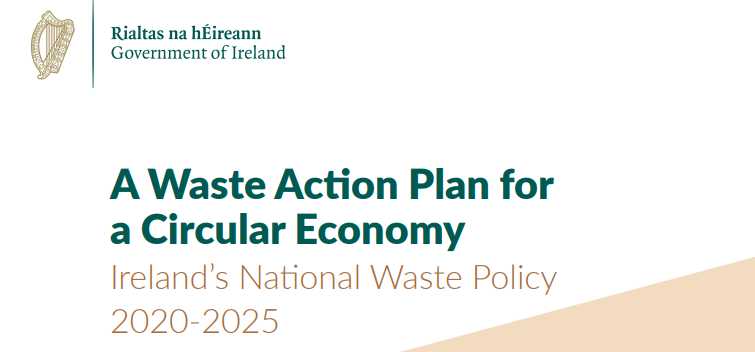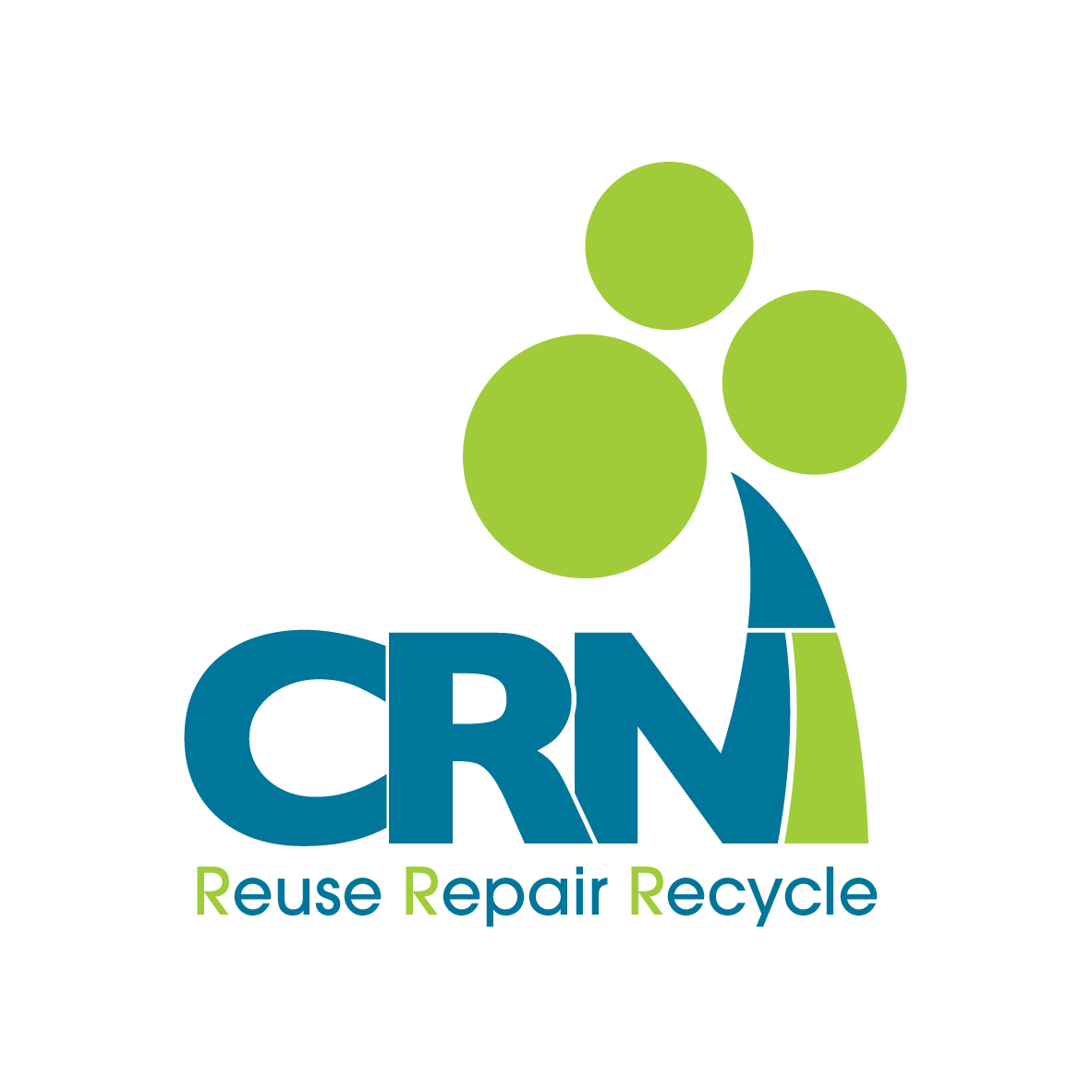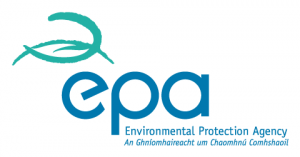
Ireland has the potential to become a circular economy leader in Europe if targets for prevention, reuse, repair, resource efficiency, procurement of used goods and food waste outlined in the Government’s newly published Waste Action Plan are pursued.
Great strides to become more circular have been made under the EPA’s National Waste Prevention Programme, the regional waste management plans and the reuse sector. However, reuse and repair activities remain marginal.
“Our members repair or reuse 23,000 tonnes of everyday goods such as clothes, furniture, bicycles, computers and paint every year, creating 700 jobs, over 2,000 training positions and working with over 7,000 volunteers” Claire Downey, Executive with CRNI and participant in the Waste Advisory Group, “however this is less than 1% of the waste we generate in Ireland every year. Key challenges include the poor design of goods making them difficult to repair or reuse, the cost of collection, sorting and repair and the lack of investment in infrastructure”
Policy targets in Ireland have been highly effective in other areas such as recycling and renewable energy. Reuse could go the same way if the targets set out in the Waste Action Plan alongside the economic measures to back them up such as supports for reuse activities, levies on energy recovery and single use plastics, and support for jobs growth are effective.
And no better time for this, with increasing awareness about the impact of our overconsumption, highlighted in particular by the changes brought about by Covid-19, and as we face a climate emergency. By keeping goods in the economy for longer, reuse and repair can help reduce carbon emissions and build resilience in our communities.
Textiles and the fashion industry get special attention in the Waste Action Plan as a new priority area due to its impact on the environment. Measures such as improving design, raising awareness, boosting local reuse and introducing new economic instruments to drive sustainable consumption are all mooted in the Waste Action Plan.
“Charity shops provide good quality clothing at an affordable price. To reduce the carbon footprint of the textile industry we all need to consume less. Charity shops selling pre-loved clothing are for everyone as everyone needs to reduce their consumption,” says Linda Ward Secretary of the Irish Charity Shops Association and CRNI.
This – alongside a greater focus on the reuse of unwanted electrical goods – could see Ireland contribute to significant greenhouse gas savings associated with the hidden impacts of resource extraction, manufacturing and distribution of new goods. A much needed boost to our climate ambition and to the planet.
- September 9, 2020
Sign up to our quarterly newsletter for more information on reuse and recycling and be part of Ireland’s only reuse and recycling network. For information about our privacy practices, see here.


